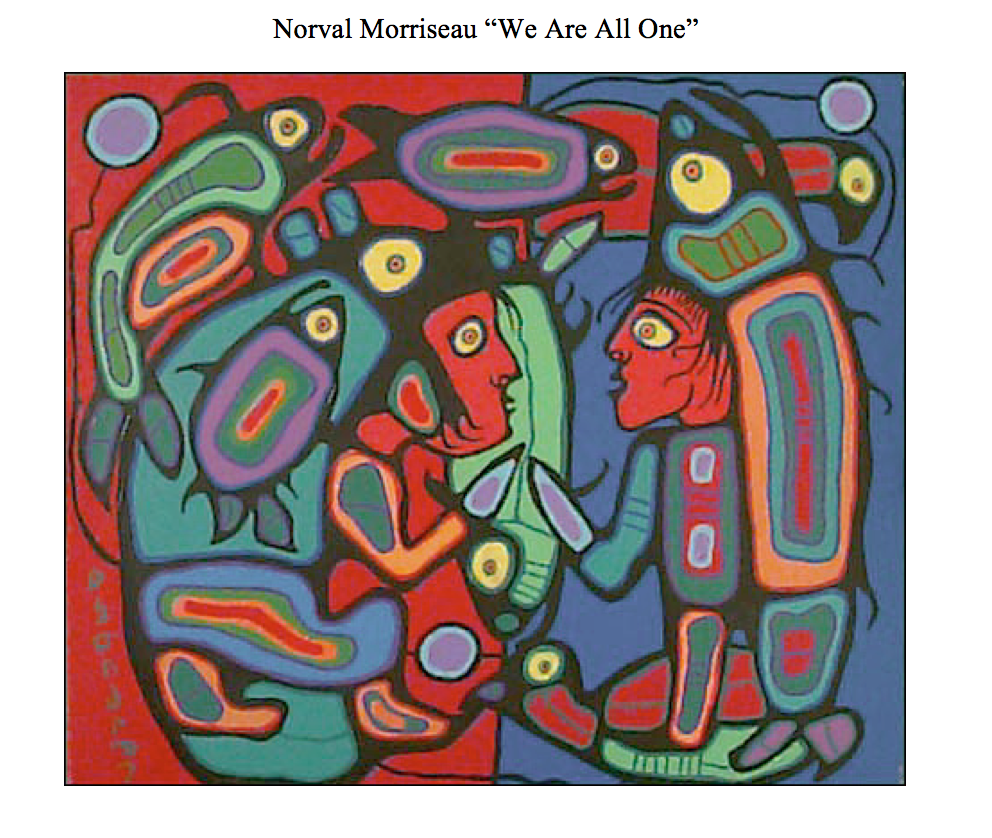Today we begin an inquiry about reconciliation.
To reconcile, or to start over, is always tough to do. But people can start by telling their stories, by listening deeply to each other, and by believing that reconciliation is a worthwhile goal.
We’ll start with a QFT (Question Formulation Technique). The question prompt is:
Canadians are tolerant of people’s heritage, customs, and religious beliefs; we are far less racist than any other country.
How do you think others might respond to this prompt?
Next, let’s look at the February 2, 2015 cover of Maclean’s.
What’s the issue? Who’s the issue? Why is there an issue?
We are not having this conversation by ourselves. We will be learning with a Theory of Knowledge class from St. Robert Catholic High School in Thornhill, Ontario.
Theory of Knowledge courses (TOK) ask us to reflect on the nature of knowledge, and on how we know what we claim to know. Students study areas of knowledge: the Arts, Ethics, History, the Human Sciences, Indigenous Knowledge Systems, Mathematics, the Natural Sciences, and Religious Knowledge Systems. They also consider the potential ways of knowing (emotion, faith, imagination, intuition, language, memory, reason, and sense perception) for each of the areas of knowledge.
We are not a TOK course, but let’s think about what “Indigenous Knowledge System” means to us. Consider this painting, the quote by Marie Battiste and her colleagues, along with your prior knowledge about your culture’s stories and teachings, and write a definition for this term.
“We Are All One” by Noval Morriseau shows two people on a background of read and blue. They are fused with nature and animals. The creatures and people that populate the painting seem at once independent and connected to each other. The piece reflects the concept of the closed circle because it shows all aspects of creation bound together.
Battiste et al., (2000) identified one way for describing Indigenous Knowledge:
―knowledge is the expression of the vibrant relationships between the people, their ecosystems; and the other living beings and spirits that share their lands. These multilayered relationships are the basis for maintaining social, economic, and diplomatic relationships – through sharing – with other peoples. All aspects of this knowledge are interrelated and cannot be separated from the traditional territories of the people concerned‖ (Battiste et al., 2000; p42).
Finally, read pages 11-15 from “Indigenous Knowledge, Social relationships and Health: Community-Based Participatory Research with Anishinabe Youth at Pic River First Nation” and make some notes. The goal is that we each have an understanding of indigenous knowledge systems, even if only cursory.


